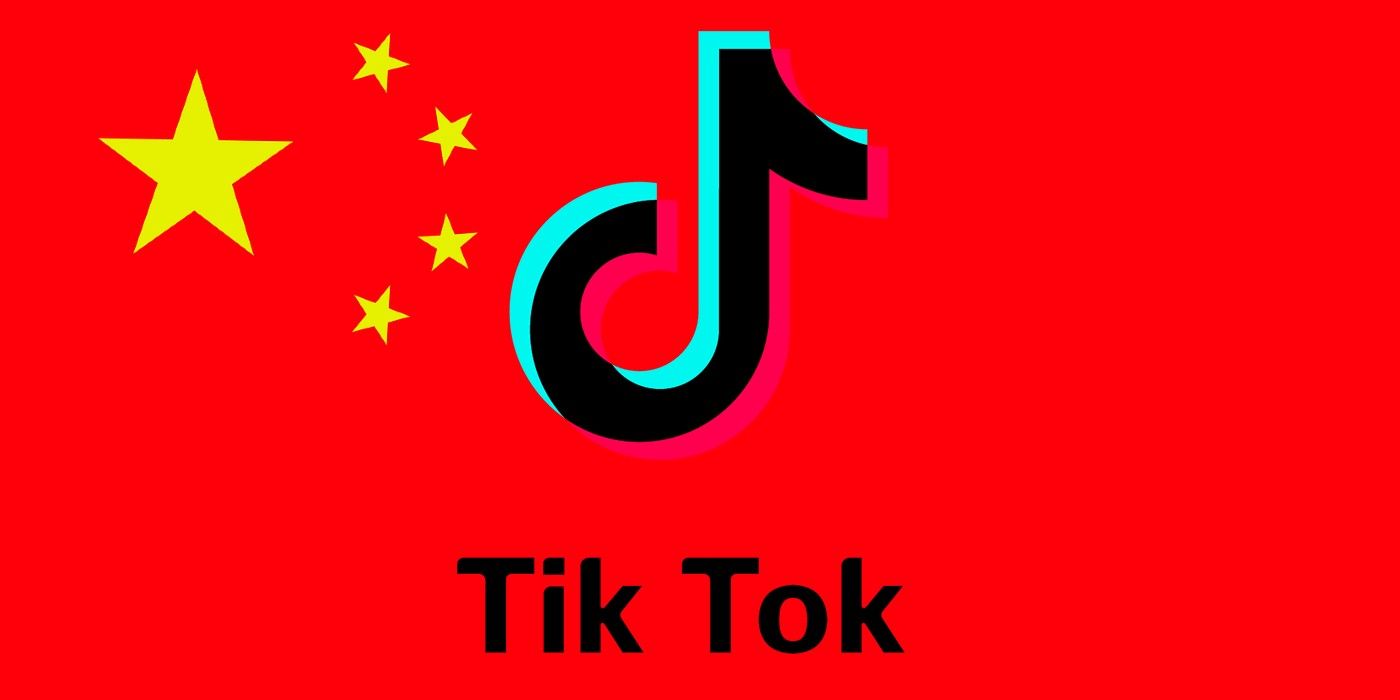TikTok might be popular with younger users, but it also seems to be a popular place to promote the use of drugs. In spite of being a new service compared to other social media platforms, TikTok has quickly risen the ranks and is now viewed as one of the most popular services among younger users. With that popularity, it’s time TikTok started taking more responsibility.
Although TikTok is a video-sharing platform, it comes with an emphasis on shorter videos and a major appeal of the service is the increasing number of creative ways users have combined music and video clips together. Often resulting with many TikTok videos going viral on the platform, and elsewhere. However, at times that creativity can be taken a little too far as seems to be the case now.
A new report from Sky News highlights the increasing availability of drug-related videos on the platform. According to the report, not only are hashtags for words associated with ketamine and MDMA generating millions of related video results, but those videos are seeing millions of views. Some of which are said to depict not only drug use, but the effects of coming down from drugs as well. While TikTok has responded to the initial report by confirming filters are in place to block certain keywords, others, including the ones mentioned are exempt from such filters. One of the reasons given by the company is that the words may mean something in another language. In addition, TikTok said it was unable to limit searches to English which might be further impacting on its ability to directly identify the scope of the problem.
TikTok Needs To Crack Down On This Problem, Among Others

TikTok is quickly becoming a powerhouse service and that matters. It matters even more with TikTok than other services due to its heightened ability to appeal to younger users. In fact, this younger user base is something the company is acutely aware of considering it uses it to appeal to advertisers. For example, the company’s advertising pages make the case that one of TikTok’s biggest advertising strengths is how “the majority of TikTok’s users” are “highly-engaged Generation Z and Millennials.” With Tiktok being such a strong engagement tool for the Gen Z demographic, it needs to be on top of issues like drugs. While this goes for any service or app, if TikTok is unable to stop the millions of drug-related videos and hashtag search terms from appearing on the platform, there is a higher risk of users as young as 13 (and possibly even younger) stumbling across the content on TikTok than those other social media sites. If the platform wants to focus in on the advertising benefits of its younger audience, then it should place equal importance on adequately protecting them.
However, protections do not typically seem to be one of TikTok’s main strengths. For example, the service currently has no verification system in place and this has led to a rise in accounts impersonating other people, including politicians. Likewise, there’s also been suggestions TikTok might not have the expected user privacy protections in place and may even be sending personally identifiable data to China. With protections being a common problem, it seems unlikely TikTok will get on top of its drug problem anytime soon. That is, unless advertisers start to take issue with the content as that’s usually when companies like TikTok actually start to listen.




